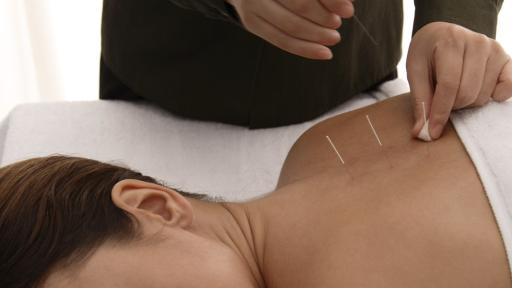Reiki is a form of complementary therapy that was developed in Japan in the 1920s. The word itself is Japanese and means 'universal life force energy'. People with multiple sclerosis may decide to use this energy healing therapy alongside more conventional treatments. Several MS Therapy Centres offer reiki sessions.
The principle of treatment with reiki is that a trained practitioner can alter the energy flows through the body by placing his/her hands in a series of positions, on or over the body. Each position may be held for several minutes and the process can last up to an hour and a half. The whole body is treated rather than a specific symptom. This concept of energy flowing through the body is also the basis for other therapies such as acupuncture and Tai Chi.
Although there is no research evidence supporting the use of reiki in multiple sclerosis, it is used by people with MS to help improve various MS related symptoms. In cancer, patient surveys suggest that for some people it can improve anxiety, mood, sleep, fatigue and pain.
Recent studies have examined the impact of reiki on a range of symptoms including pain, stress, anxiety, depression and fatigue with mixed results. In cancer patients, research suggests that reiki is particularly effective at reducing pain and decreasing levels of anxiety and fatigue. It has also been found to improve wellbeing and mood during chemotherapy treatment. However, research has shown that results can vary considerably between people, with little more than half of the cancer patients who took part in one study finding any benefit from reiki treatment.
Other research has found that reiki combined with massage reduced levels of stress by 33% and anxiety by 21%. Another study which looked at the impact of reiki on depression concluded that symptoms decreased but were not alleviated completely, leaving participants with a milder form of depression.
Overall, larger and more rigorous studies including people with MS are required to determine the benefits of reiki on MS symptoms specifically.


